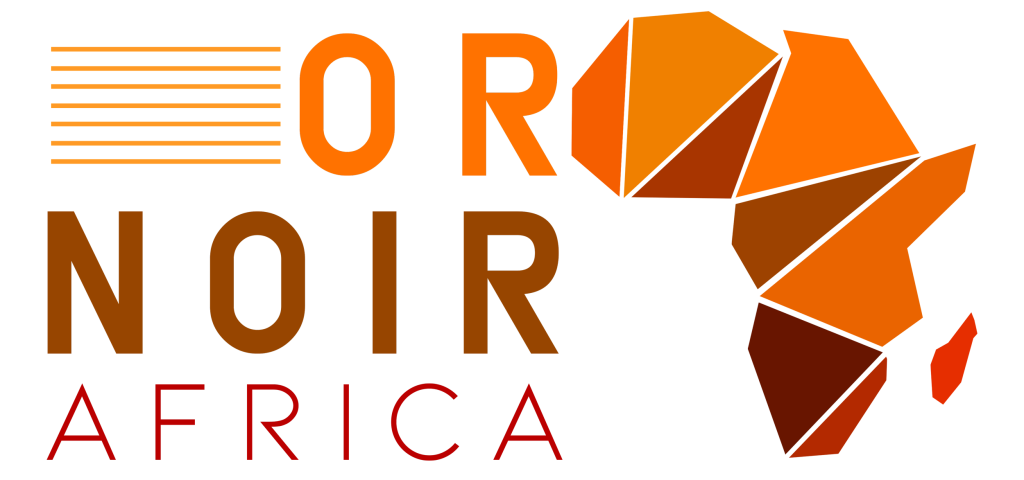Le gouvernement nigérian a intensifié ses efforts pour exploiter et monétiser ses importantes réserves de gaz naturel, les plus importantes d’Afrique, mais encore sous-exploitées. Dans cette optique, la Nigerian National Petroleum Corporation (NNPC) a conclu, vendredi 11 octobre, un accord clé de vente et d’achat de gaz naturel avec plusieurs majors de l’industrie énergétique mondiale, marquant une avancée significative vers l’optimisation du potentiel gazier du pays.
L’accord a été signé avec les compagnies pétrolières anglo-néerlandaise Shell, française TotalEnergies et italienne Eni. Ensemble, ces sociétés s’engagent à livrer 270 millions de pieds cubes de gaz à la Brass Fertilizer & Petrochemical Company. Ce gaz servira à la production de méthanol, un composé organique essentiel dans de nombreuses industries telles que la chimie, la production de carburants et les plastiques. Ce projet, estimé à 3,3 milliards de dollars et longtemps resté en suspens, connaît enfin une avancée décisive vers sa réalisation.
Selon Ekperikpe Ekpo, ministre d’État au gaz, cet accord permettra au Nigeria d’économiser environ 200 millions de dollars en devises chaque année, tout en stimulant l’emploi local. Le projet de Brass Fertilizer & Petrochemical Company a le potentiel de transformer la dynamique économique du pays en réduisant sa dépendance aux importations et en renforçant ses capacités de production industrielle.
Le Nigeria, premier producteur de pétrole d’Afrique, détient également les plus grandes réserves prouvées de gaz naturel du continent, évaluées à 5,94 trillions de mètres cubes standard à la fin de l’année 2023, selon les données de Statista. Cependant, malgré ce potentiel, le secteur gazier reste largement sous-exploité par rapport aux autres producteurs mondiaux. En 2022, les exportations de gaz naturel du Nigeria s’élevaient à environ 29,7 milliards de mètres cubes standard, un chiffre encore en deçà des capacités totales du pays.
Le gouvernement nigérian est bien conscient de la nécessité de maximiser les revenus issus du gaz naturel, et plusieurs initiatives ont été lancées pour attirer des investissements dans ce secteur stratégique. Début octobre, le gouvernement a introduit un nouveau cadre juridique visant à attirer au moins 5 milliards de dollars d’investissements dans l’exploration et la production de gaz offshore. Ce cadre légal devrait permettre de dynamiser le secteur gazier, en offrant aux investisseurs des conditions plus attractives et en renforçant la sécurité juridique des contrats.
L’objectif du gouvernement est double : stimuler les investissements dans le gaz naturel liquéfié (GNL) pour les marchés internationaux et développer les infrastructures locales pour encourager la consommation interne. Ces efforts s’inscrivent dans une vision plus large de diversification de l’économie, traditionnellement dépendante du pétrole brut, afin de renforcer la position du Nigeria comme un acteur énergétique majeur, non seulement en Afrique, mais également à l’échelle mondiale.
La monétisation du gaz nigérian est essentielle pour répondre aux besoins croissants en énergie du pays et réduire les importations de produits pétrochimiques coûteux. Le projet de Brass Fertilizer & Petrochemical Company en est un exemple concret, qui pourrait non seulement créer des emplois mais également stimuler la croissance industrielle du Nigeria. Il s’agit d’une avancée cruciale vers une utilisation plus stratégique des ressources naturelles du pays.
Toutefois, pour que ces initiatives aboutissent, le Nigeria devra relever plusieurs défis, notamment l’amélioration de ses infrastructures énergétiques, la lutte contre l’insécurité dans certaines régions productrices de pétrole et de gaz, et la gestion de la transition énergétique mondiale qui pourrait réduire la demande pour les combustibles fossiles à long terme.
En conclusion, le Nigeria, en accélérant la monétisation de ses vastes réserves de gaz naturel, se positionne pour devenir un acteur clé de la fourniture d’énergie en Afrique et au-delà. Avec des réformes stratégiques, des investissements internationaux et une vision claire, le pays pourrait bientôt capitaliser pleinement sur son potentiel gazier, en diversifiant ses revenus et en renforçant son rôle sur la scène énergétique mondiale.


